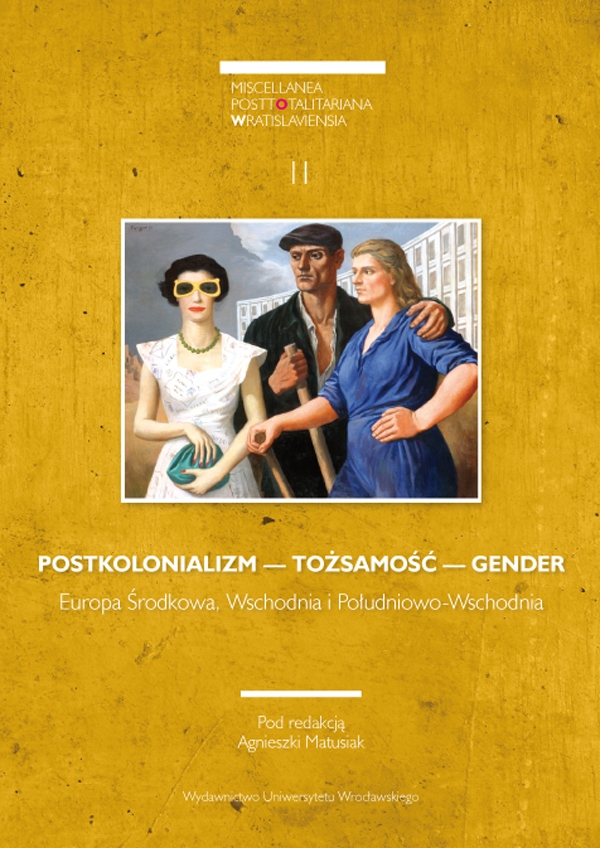

Artykuły

Stawiam na Tolka Banana [I’d bet on Tolek Banan], or on the incompleteness of deconstruction of the discourse of power
The article offers an analysis of a once-famous Polish TV narrative for young audiences Stawiam na Tolka Banana [I’d bet on Tolek Banan] 1973, dir. Stanisław Jędryka, casting non-professional children actors and actresses whose superb and effortless performance still amazes. Beginning with the notion of TV series as a “repository of memory,” i.e. a document of cultural consciousness of its own era, the paper employs the Lacanian concepts of “fantasy,“ “Great Other,” “Master-signifier,” and the three registers of Lacan’s triadic division of human experience as analytical tools for the exploration of the mechanism of self-limiting, preemptive tools of subversion of official discourses present in the movie, such as: the discourse of Communist power and the patriarchal and androcentric discourse.
In conclusion, the perspective is outlined for reading the film as an “incomplete deconstruction” of the discourses of power, the notion of incompleteness pointing to a negotiation between the historical impossibility of a full rejection of those discourses by the movie and the incomplete control over the movie narrative and representation by those discourses.
Я б поставив на Тольку Банана, або на неповноту деконструкції дискурсу влади
Стаття представляє собою аналіз колись відомої польскої теле-історії для молодіжної аудиторії Я б поставив на Тольку Банана [Stawiam па TolkaBanana] 1973, реж. Станіслав Єндрика, де були задіяні непрофесійні актори дитячого віку, і чия чудова і легка гра досі вражає. Починаючи з визначення белетристики як “місця пам’яті”, тобто документу культурної свідомості певної епохи, дослідження використовує лаканівські концепти які були пропущенні через прочитання Лакана Жижеком “фантазії”, “Великого Іншого”, “позначника”, і трьох регістрів тріадного лателеканівського поділу людського досвіду як аналітичні інструменти для дослідження механізмів самообмеження, попереджувальні інструменти підриву офіційних дискурсів, присутніх у фільмі, таких як дискурс комуністичної влади, патріархальний та андроцентричний дискурс.
На закінчення, тут представлена перспектива для прочитання фільму як “неповної деконструкції” дискурсуів влади, поняття неповноти призводить до негоціації між історичною неможливістю повної відмови від них у фільмі, і неповного контролю над фільмовим наративом і репрезентацією цими дискурсами.